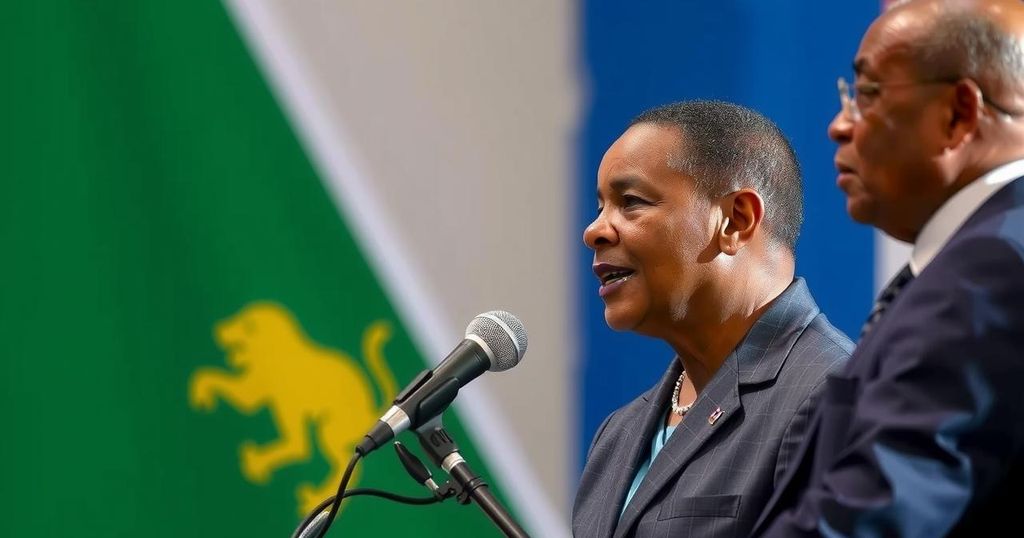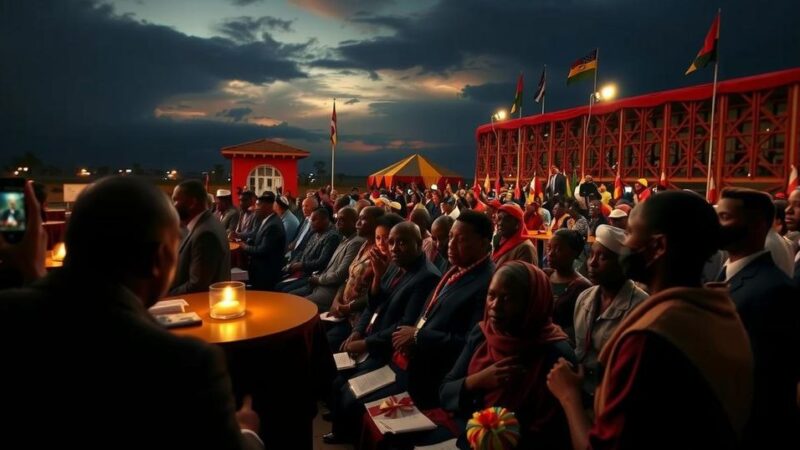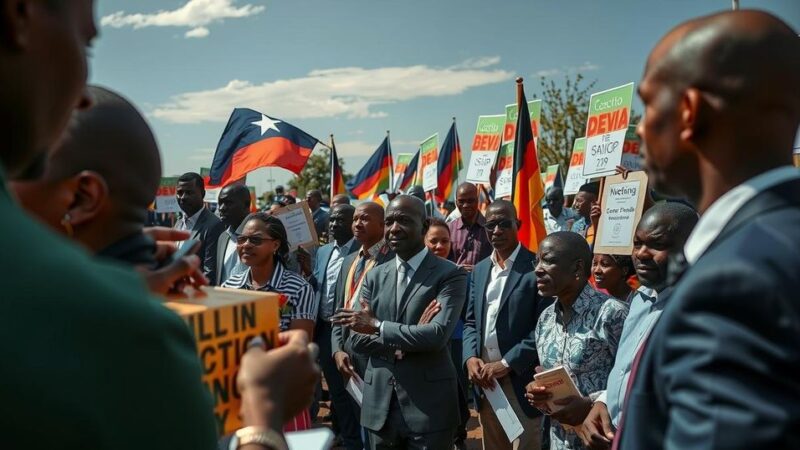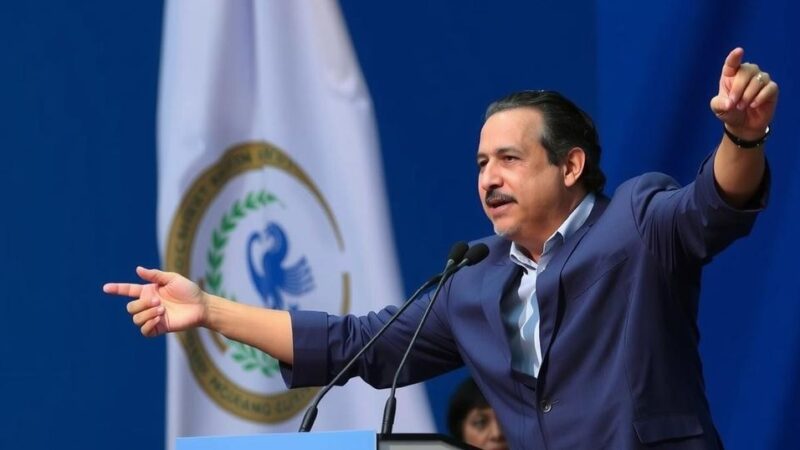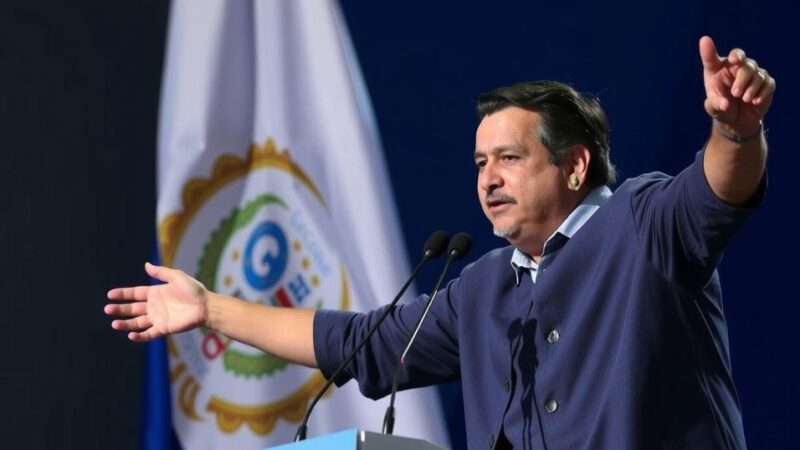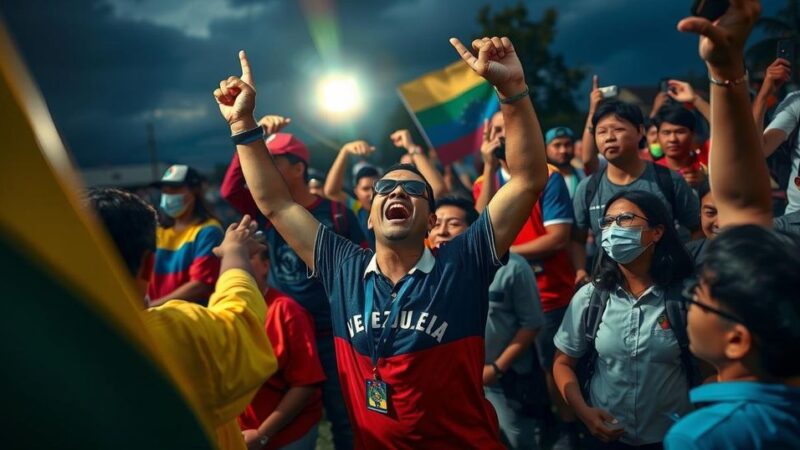Botswana conducted elections on October 30, 2024, to determine if the BDP will continue its 58-year reign. With economic challenges affecting the nation due to a decline in diamond demand, President Mokgweetsi Masisi faces three opposition challengers. Results are expected to clarify the future direction of the country’s governance.
On October 30, 2024, Botswana held critical elections to determine whether the Botswana Democratic Party (BDP), Africa’s longest-ruling political party, would secure another term after 58 years of governance since the nation gained independence from Britain in 1966. Current President Mokgweetsi Masisi is campaigning for his second and final term, facing challenges stemming from economic difficulties linked to a global decline in diamond demand, which accounts for a significant portion of Botswana’s GDP. Amid growing unemployment rates, particularly among the youth, the BDP has acknowledged the need for policy reform. Three main opposition figures have emerged, including Duma Boko of the Umbrella for Democratic Change, Dumelang Saleshando of the Botswana Congress Party, and Mephato Reatile from the Botswana Patriotic Front, leading to a potentially competitive race. With over a million registered voters, the election results, due shortly after polls close, could signal a significant shift in Botswana’s political landscape.
Botswana’s political history is marked by stability and democratic governance, making it a notable example of successful leadership in Africa. The BDP has maintained political dominance since independence, yet recent economic challenges have prompted discussions regarding potential changes in leadership. As the second-largest diamond producer globally, Botswana’s economy has been significantly affected by fluctuations in diamond prices, leading to rising unemployment levels. Consequently, the BDP has indicated its willingness to explore alternative economic strategies, including enhancing agricultural and tourism sectors. Challenges surrounding governance, economic diversification, and loyalty within the ruling party underscore the importance of this election for Botswana’s future.
The outcome of Botswana’s recent elections may herald a pivotal moment for the BDP, potentially concluding its extensive regime amid rising economic pressures and shifting public sentiments. As President Masisi vies for reelection in a time of heightened scrutiny, the efficacy of the BDP’s proposed changes to economic policies will be paramount. The three main challengers may significantly influence the electoral landscape, setting the stage for either continuity or change in Botswana’s leadership.
Original Source: apnews.com
